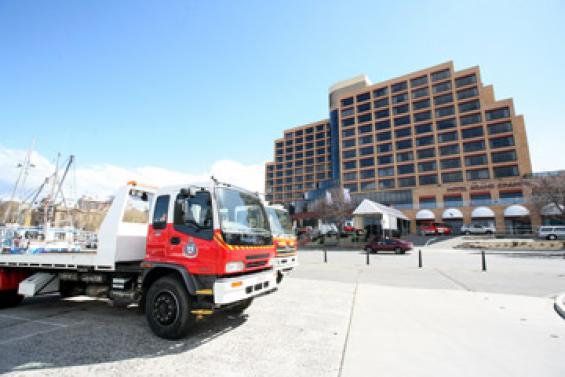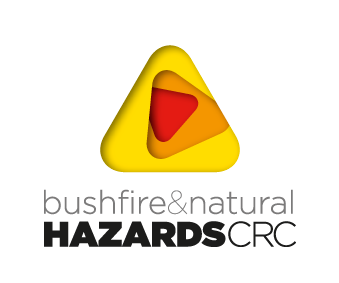Hobart 2007: Annual Conference

The 2007 Bushfire Cooperative Research Centre and Australasian Fire Authorities Council Annual Conference attracted almost 900 delegates from across Australia’s fire and emergency management industry and the fire research community to a waterfront venue in Hobart, Tasmania.
A broad program of speakers featured presentations from experts from around the globe.
All the Bushfire CRC speaker presentations and research posters are available on these pages.
News from the Event
(sorry, no news items for this event)


